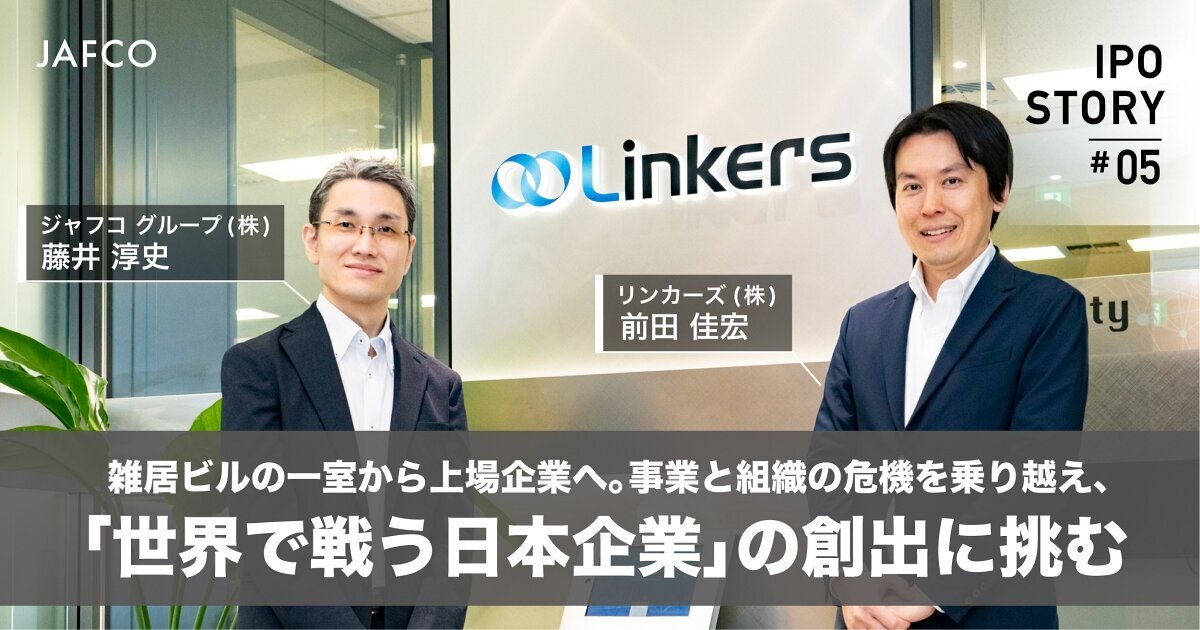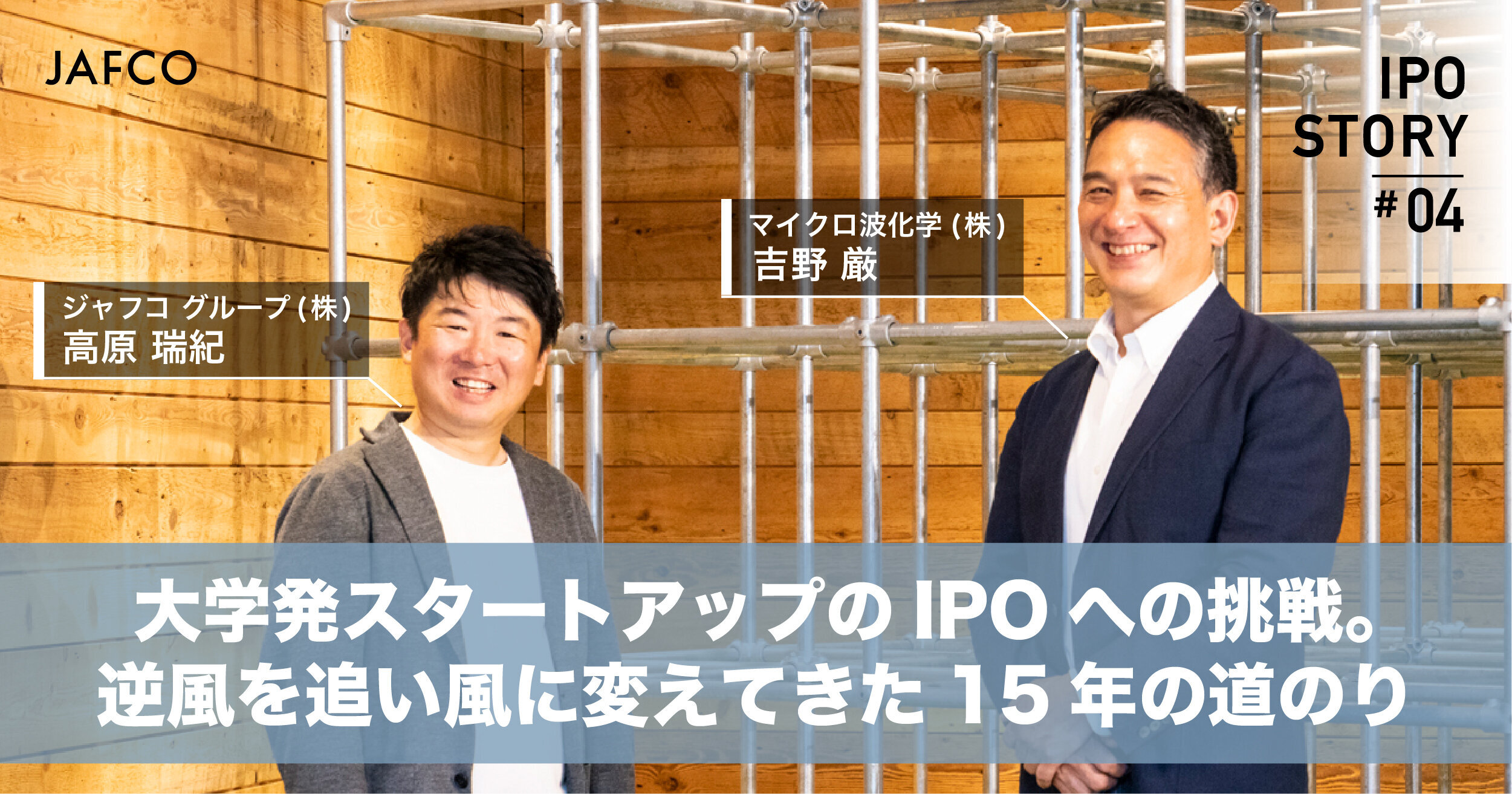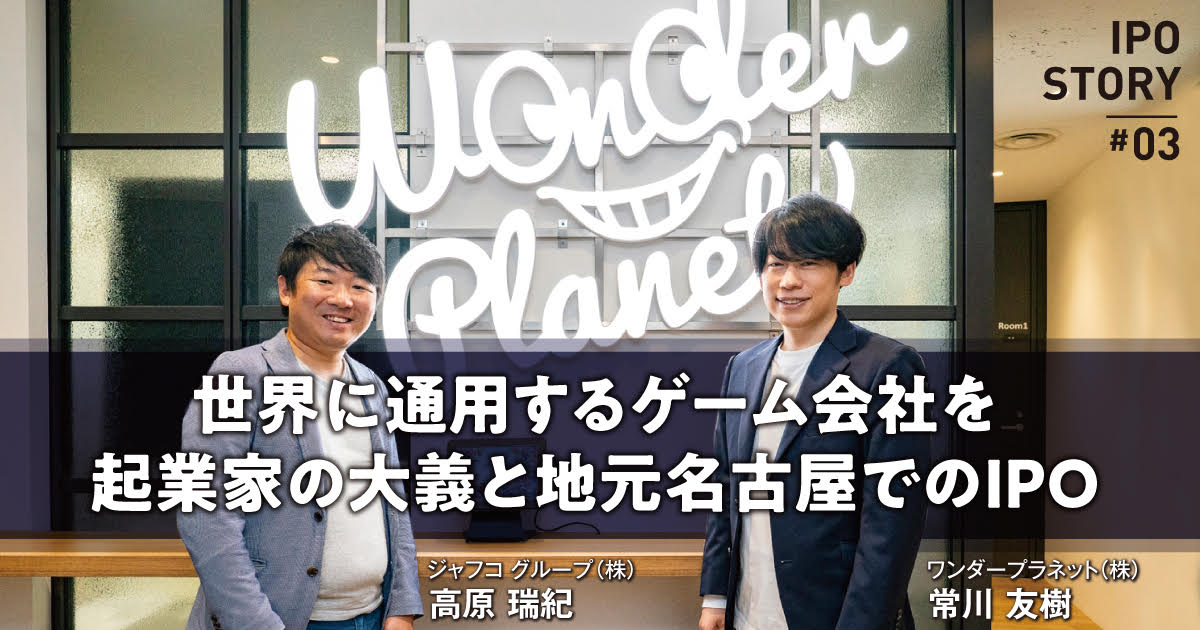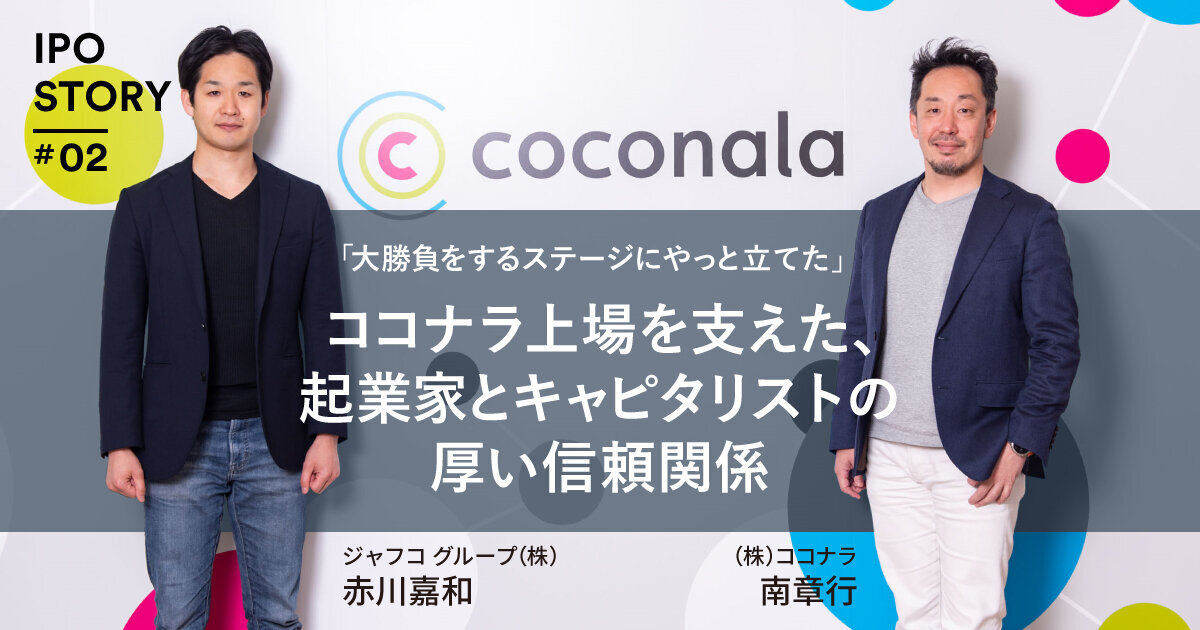The trajectory of a company unraveled from the encounter between an entrepreneur and JAFCO. He talks about episodes and feelings that he can talk about now, and his expectations for the future.
This time, we will talk with Mr. Kazuyuki Takino, CEO of MUJIN, Inc., a fast-growing technology venture aiming for the world from Japan by intelligentizing industrial robots, and Tomotake Kitazawa, the capitalist in charge of JAFCO.
【profile】
MUJIN CEO and co-founder Issei Takino
Born in Osaka in 1984. In 2011, he founded MUJIN with Dr. Rosen, an authority on robotics worldwide. Prior to establishing MUJIN, after graduating from a US university, he worked for Iskar Japan, which boasts the world's highest profit level in the manufacturing industry, which is famous as a Warren Buffett company. He has won many awards as a technical business that proposes production methods, and has a brilliant track record. The wide range of knowledge and realistic perspectives gained by walking through the harsh production sites in Japan became the driving force for the robot venture industry, which is said to be particularly difficult to commercialize.
[What's MUJIN, Inc.]
Founded in July 2011. MUJIN, Inc. has a corporate mission of "automating robots with the power of software and contributing to the improvement of global productivity." We provide controllers for industrial robots, intelligent control equipment centered on 3D vision, and high value-added automation solutions. The basis for the development is the world's number one industrial motion planning AI technology developed by CTO and co-founder Dr. Rosen and applied to more than 1,000 robots worldwide for more than 10 years. About half of the members are foreign nationals. Carnegie Mellon, Stanford, MIT, University of Paris, University of Tokyo, Beijing University, Tsinghua University, and other multinational teams from more than 20 countries combine the high technical capabilities of robots with the on-site capabilities of manufacturing and logistics professionals. Expanding the possibilities.
Deepened business understanding by attending a 40m2 garage
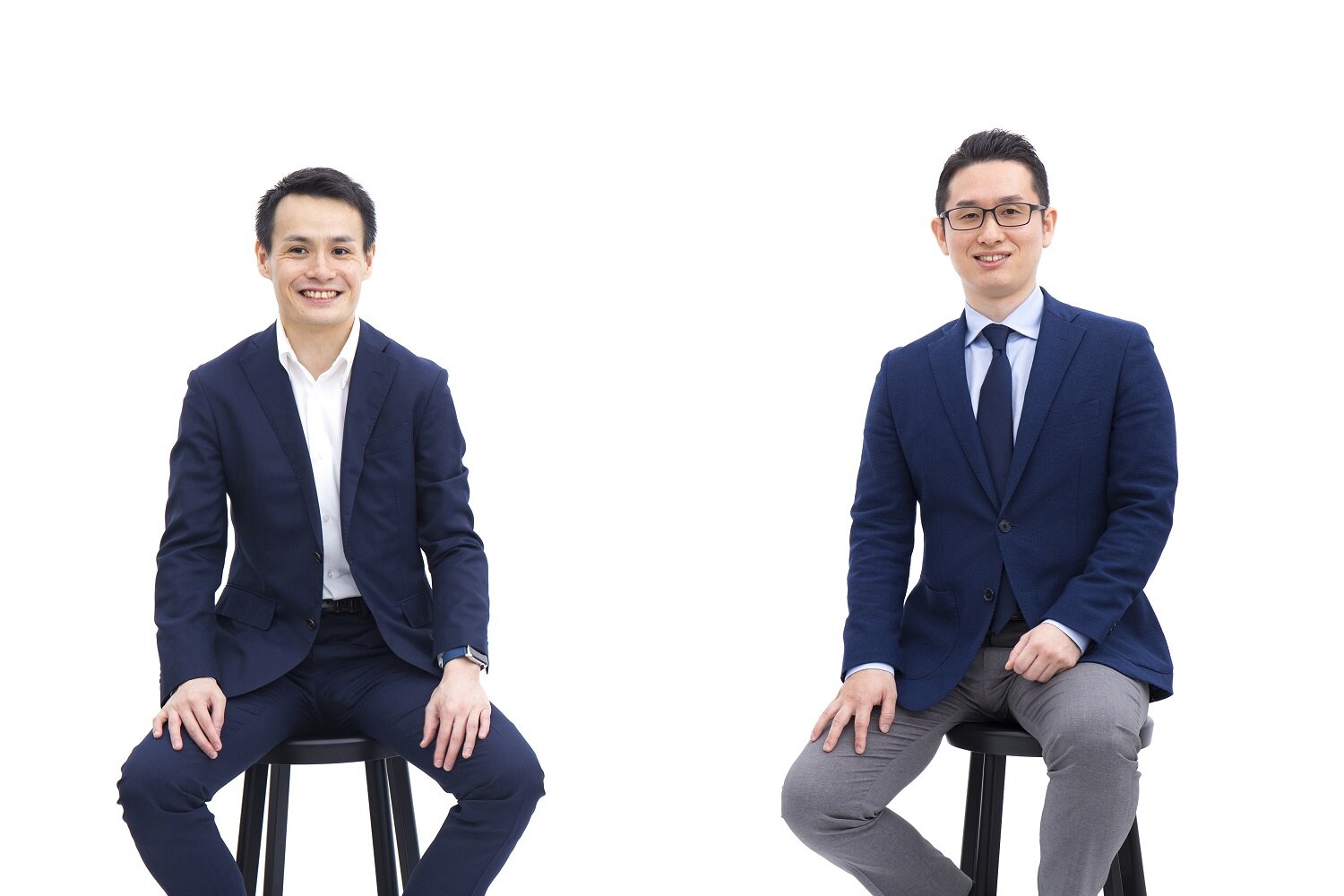
Takino You met Mr. Kitazawa of JAFCO in June 2012, one year after the company was founded. At that time, the influence of the Lehman shock echoed, and it was an era when VCs and CVCs were completely blown away. There were not many venture capital firms that continued their investment activities properly. Under such circumstances, I remember receiving a call from Mr. JAFCO and asking, "Let's listen to the story once."
Kitazawa That's right. I have contacted you. I read an article in a newspaper or something that Mr. Takino and Mr. Rosen (co-founder of MUJIN, a global authority on robotics) were founded, and I would like to see you soon. I will send you an email from the inquiry form on the homepage. bottom. I think it was just the second year since I joined JAFCO.
Takino When I asked Mr. Jafco with enthusiasm, Mr. Kitazawa came out. When I pitched, he listened to me very seriously, so it was my second year at the company (laughs).
Kitazawa: I didn't think Mr. Takino was in his twenties (laughs). From there, it took about two years for JAFCO to make its first investment in 2014.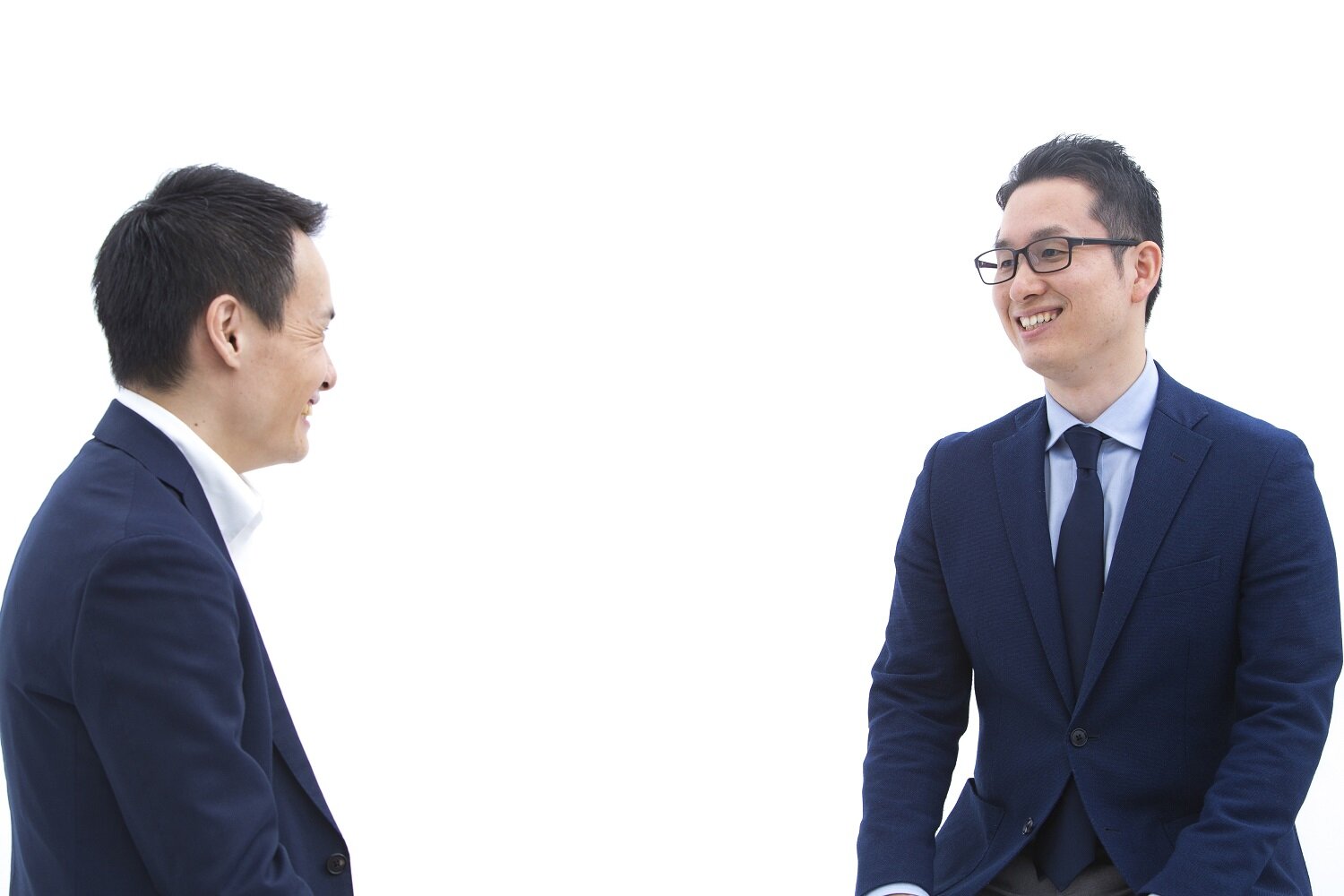 Takino That's right. MUJIN's first finance was in 2012, when it closed (another venture capital firm) two weeks after meeting Mr. Kitazawa.
Takino That's right. MUJIN's first finance was in 2012, when it closed (another venture capital firm) two weeks after meeting Mr. Kitazawa.
Kitazawa: I didn't have a connection at that timing. However, I wanted to invest in MUJIN in the next round, so I was thinking of communicating regularly with keep-in-touch from there.
Takino Then, Mr. Kitazawa came to our office about once every two months. The office is like a hut built in a parking lot in a 40-square-meter garage in Koishikawa, Tokyo. I remember foreign engineers such as CTO Rosen and director Juan from MIT coming to hear me when I was desperately writing a robot controller control program in a small office.
Kitazawa Even if Mr. Takino asked for an appointment, he didn't get a reply for about two weeks, and on the morning of the day, he suddenly contacted me saying, "I'm free at 15:00 today" (laughs). When I got an appointment and went to the office, I put a pipe chair at the entrance and talked outside, saying, "Because the robot is occupying the office."
Takino: At that time, I didn't really have time, so I ended up replying on the day (laughs). The reason I used the garage as an office was because I wanted to reduce the cost of non-robots and people by even one yen while I couldn't see the future. With today's startups, it's natural to have a good office from the beginning. Two years later, in 2014, he decided to invest a total of 600 million yen in such a company. That's amazing.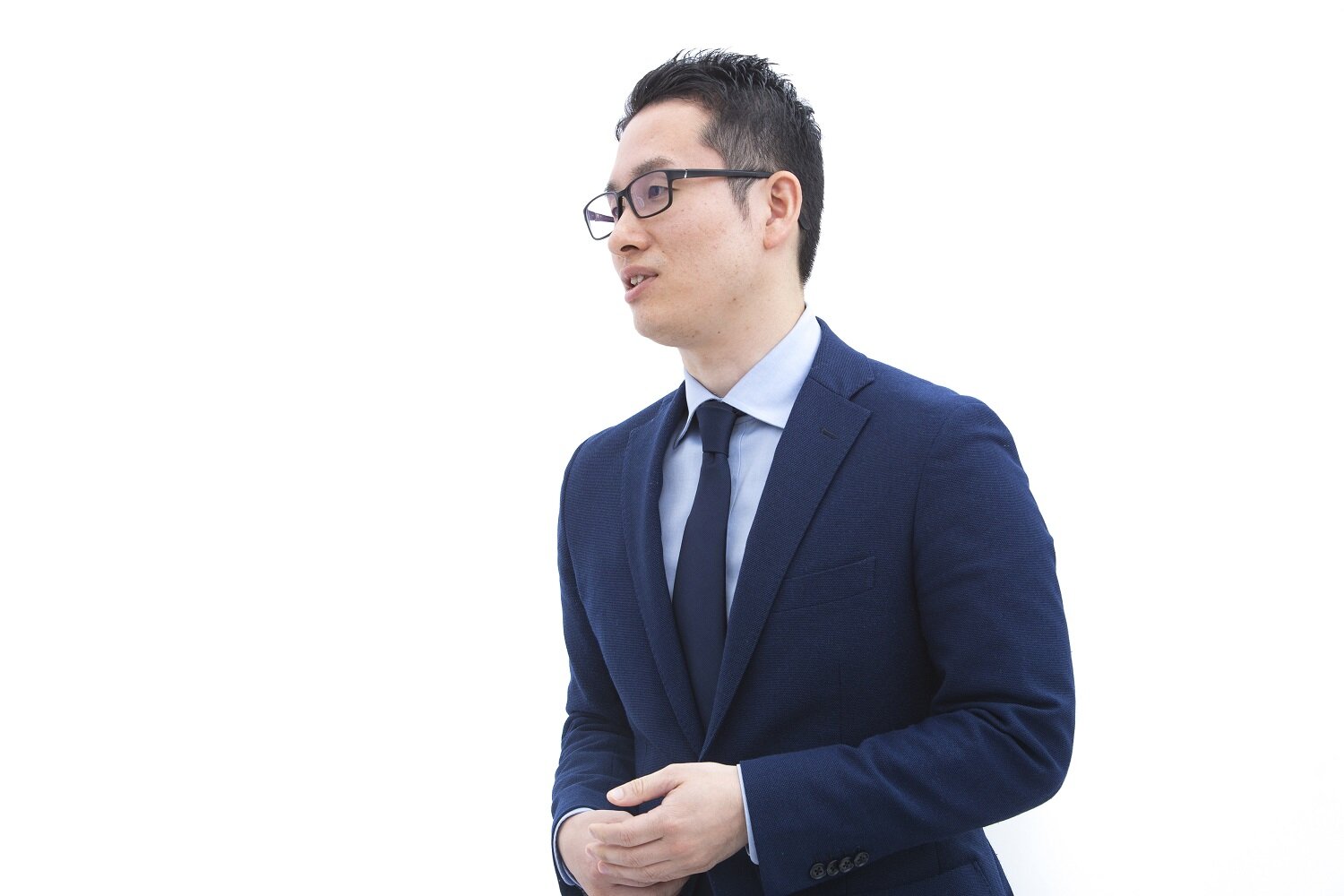
"Reliability" was an important factor in accepting investment
Kitazawa MUJIN's business of developing and selling "intelligent robot controllers" is not as easy as selling tomorrow for the first time today. Development requires advanced technology and careful crafting, and it is not a business that can be pivoted immediately. It's a very difficult business model to start as a startup. I think that the reason why we are now able to conclude partnerships with FAST RETAILING, ASKUL, etc., because there was no product at the time of our founding, was due to the tenacity of Mr. Takino and the management members. When I met Mr. Takino, I felt the strength of his will and the height of his eyes to "fight in the field of business." There was a feeling that it was "great as an animal" rather than as a person.
Takino "Animal" (laughs). I remember not saying "please invest" on the first pitch. He maintained a cheeky attitude, "If you want to invest, please." After all, I think I had to be bullish even if it was a lie.
When I received an investment from Mr. JAFCO in 2014, there were about 24 other venture capital companies as candidates. Even if each company offered an investment amount, I didn't want to compromise because I thought "we have more value". We randomly spoke to venture capital firms around the world that have financial resources, such as China and the United States, as well as domestically. As a result, the valuations they earned have more than doubled the amount offered by domestic venture capital firms at the time.
In fact, JAFCO was neither the top nor the second in the offer amount. There were other venture capital firms that had better conditions. You talked about why you chose JAFCO when you negotiated with venture capitalists all over the world to raise your valuation. The reason is that our management has relied on Mr. Kitazawa's attitude of visiting the office many times.
Kitazawa Thank you. I'm happy (laughs).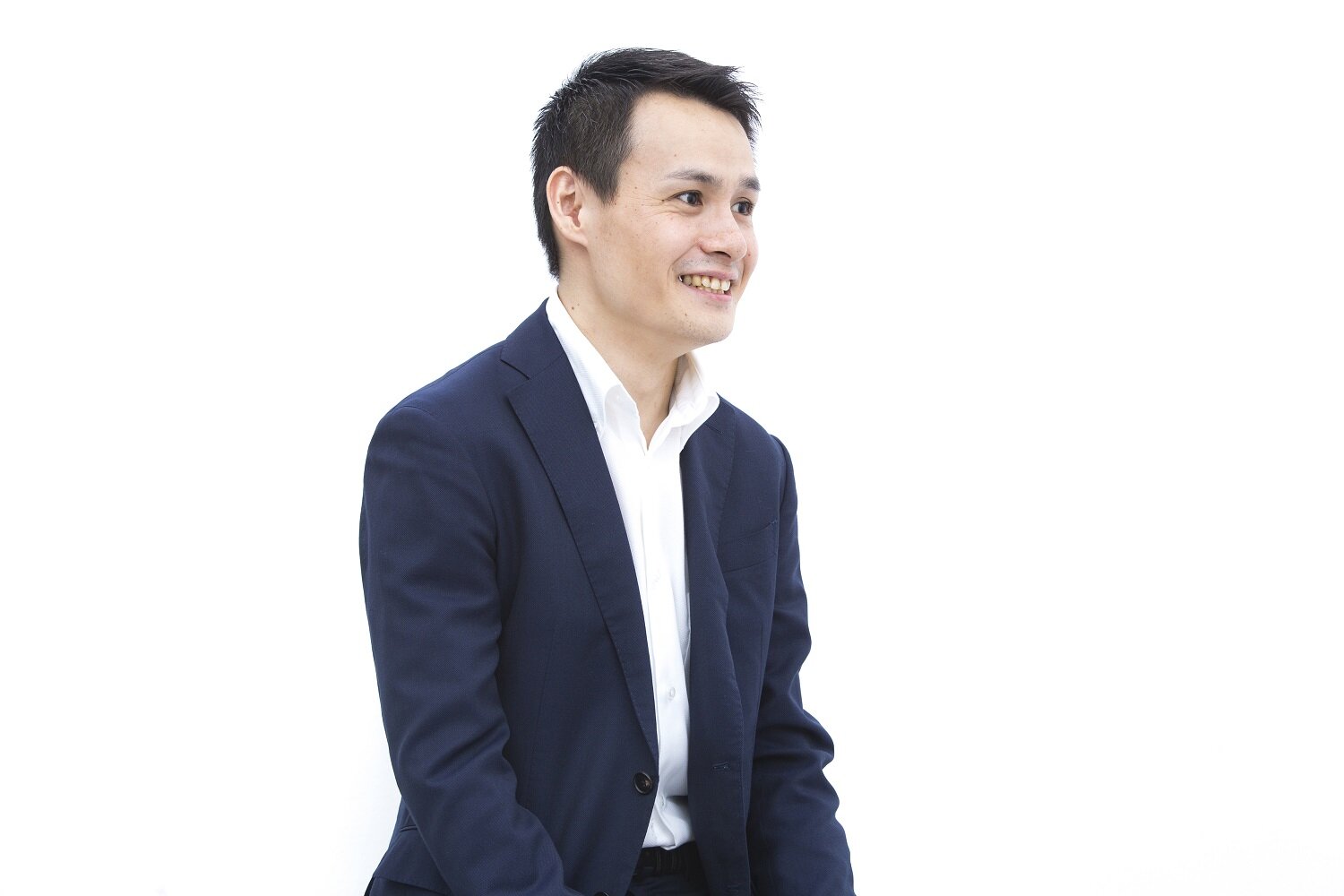
Takino When thinking about who you want to invest in and what kind of relationship venture capital and companies have, "what you can do with one heart" was important. Since there are some phases of conflicting interests, not only the conditions but also whether or not finance is reliable accounted for about 50% of the judgment. In addition, at that time, the company had 5 to 6 employees, so there was a chronic shortage of manpower. Mr. Kitazawa was close to the year and it was easy to ask for help.
Kitazawa After investing, I have been resident at MUJIN three times a week for about three months. I was doing everything, focusing on management work, doing accounting work, and even making shelves for organizing equipment (laughs). You also participated in the morning assembly held by all employees and reported on daily tasks to Mr. Rosen.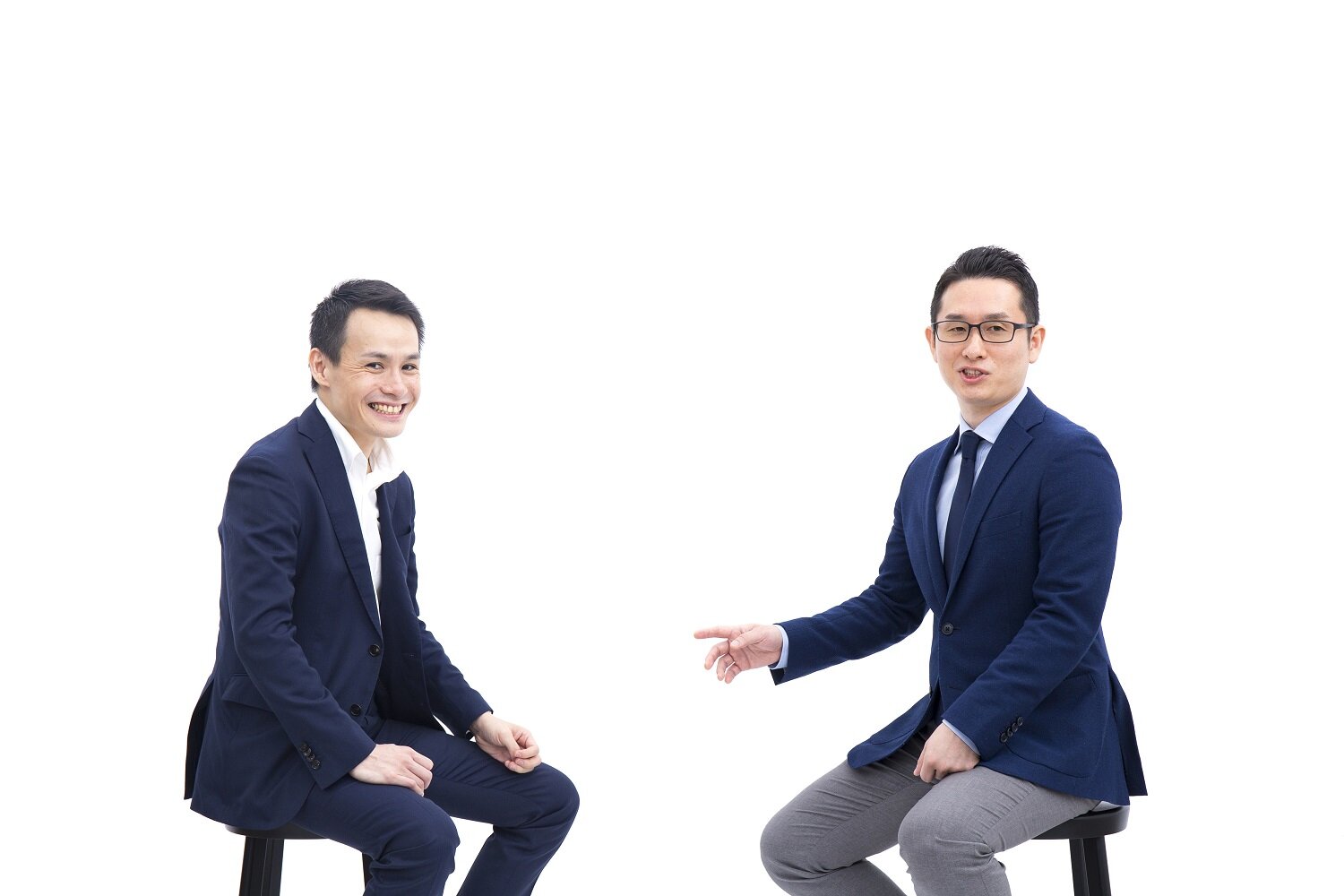
Takino Hands-on was done, so it was normal for Mr. Kitazawa to be in the company. It was good for me and Rosen that I could get in there but not push myself. Mr. Kitazawa gives his opinion at the board of directors, but in the end he respects what we have decided.
Kitazawa MUJIN is different from other startups in its grandeur and difficulty. We are gathering top-class engineers from each country, and the companies that come out as business partners are all amazing. As a technology venture aiming for globalization, the height of the perspective that the management sees is just what I think.
Takino We bring to MUJIN top-notch engineers who can play an active role anywhere in the world, such as those who have graduated from MIT or Stanford University. Moreover, rather than the business of developing apps, we will introduce robots into the production process of factories and warehouses. Since it is introduced in the field where things actually move, if the robot does not work well, it will cost hundreds of millions of yen.
Mr. Kitazawa will give you accurate advice on what the possible risks are. Sometimes I can't reflect that advice, but I've been saved many times by its calmness and humility.
The social issues that MUJIN looks at are universal. Become a long-term megatrend
Kitazawa As a capitalist, I would like to continue to be firmly involved in MUJIN's big challenges. The great thing about Mr. Takino is that the world he is aiming for hasn't changed by a millimeter since he met him. Everyone expects that the labor force will be tight due to the declining population in Japan, and that efficiency must be improved. However, few companies can really offer a solution to it. Moreover, there are products supported by solid technological capabilities. I think that the needs of the manufacturing and logistics industries will change due to the influence of corona, and we will become a society where MUJIN is needed more and more.
Takino Corona has brought to the surface the situation that "there are people, but the work cannot be done because they cannot come to the site." In the short term, investment in factories is declining, but in the long term, from the perspective of "business continuity," the need to autonomously move robots is emerging at manufacturing sites.
The robot business that MUJIN is doing is difficult to monetize and takes time to penetrate, making it unsuitable for startups. But it's definitely a long-term megatrend. It is a global social issue to innovate and generate profits with a limited number of people.
For companies, it is scary to have a one-shot KO element in the event of an emergency. What Corona saw was the fear that the business would stop if people couldn't operate. I don't think anyone expected such a situation, but whether or not a robot was introduced just in case is a factor that determines the survival of a company.
It's like a "sprinkler". If you hadn't introduced sprinklers to cut your budget, everything would go out in the event of a fire. I feel that industrial robots have become an entity that protects the future of companies in case of emergency.
Kitazawa MUJIN has been raising a large amount of funds with an MBO that will change its shareholder composition in 2019. I'm looking forward to future challenges.
Takino The only external shareholder is JAFCO. That is why Mr. JAFCO's opinion becomes more and more important so as not to be inward.
In the future, when expanding globally and making big management decisions, please tell us specific examples of other companies. We hope that you will be advised that the world three steps ahead is like this, and that we can take on the challenge of new markets with peace of mind. I look forward to a wealth of knowledge in the future.

![From garage to global with "industrial robot" Technology venture challenge [MUJIN Issei Takino & JAFCO]](/english/assets_c/2023/08/b6930a579be76c0cd8d3d794a657f9abb8da8e44-thumb-1200x630-3731.jpg)
